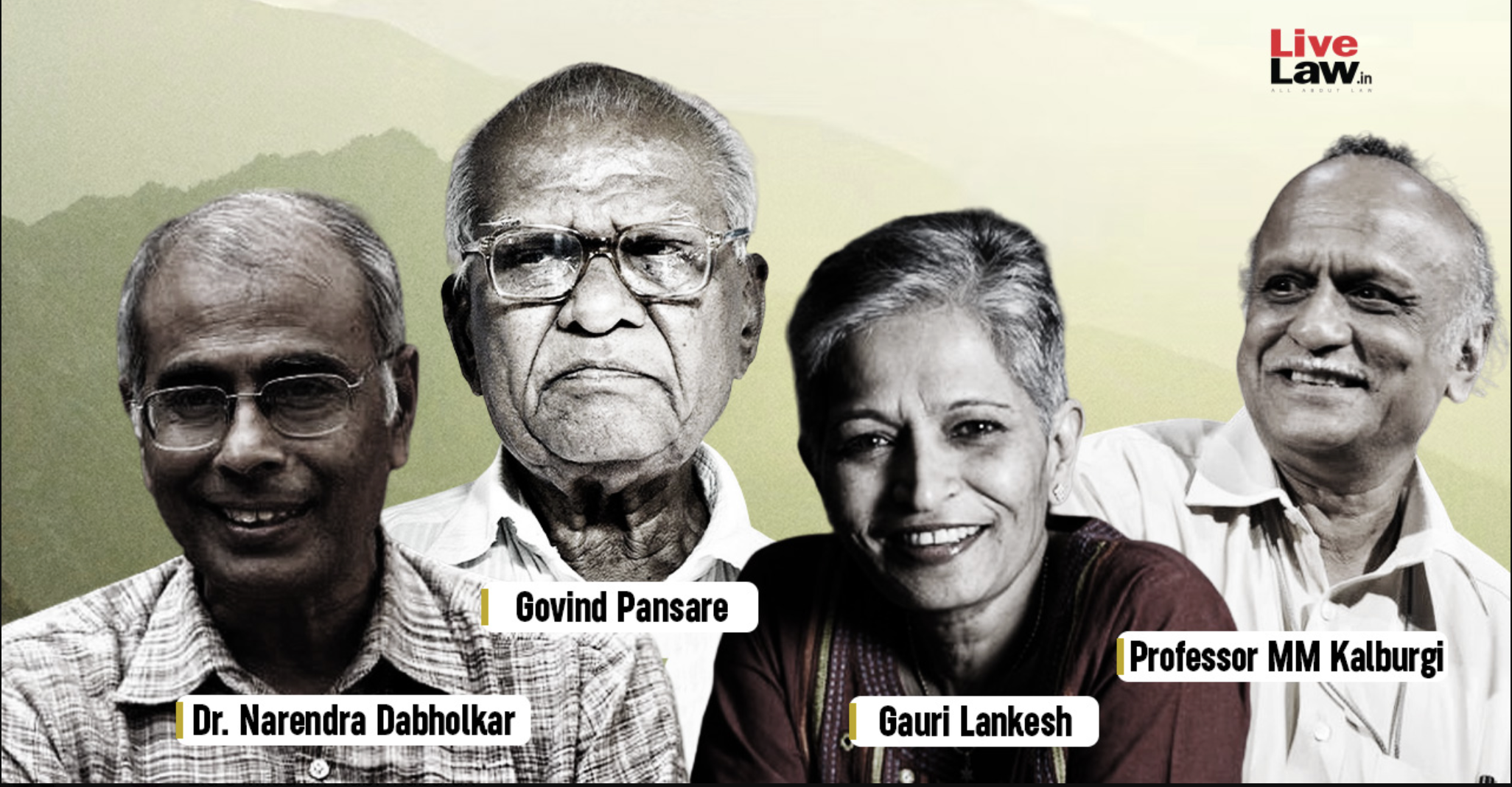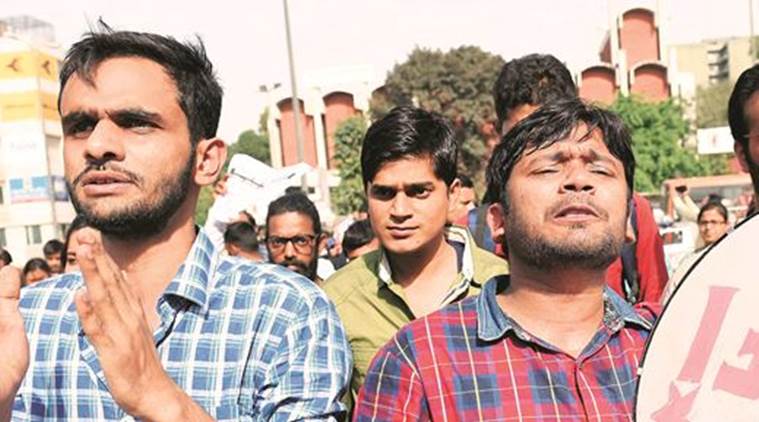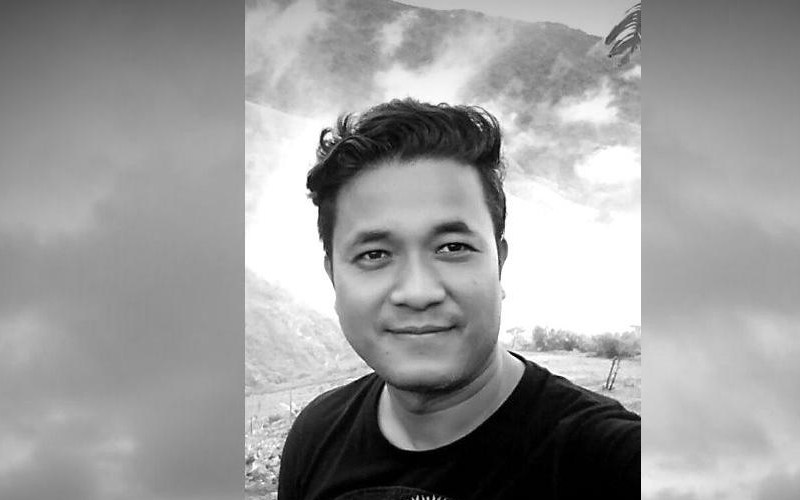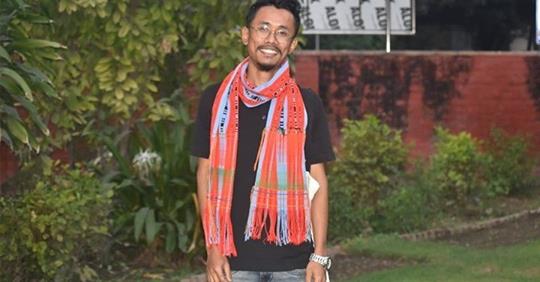Apprehension of safety not unreasonable, says Bombay HC, allows transfer of defamation case by radical hindutva group Sanatan Sanstha
The Bombay High Court granted the transfer of the hearing in a defamation case hearing in a trial court located in proximity with the headquarters of the radical hindutva organisation, the Sanathan Sanstha from Ponda in Goa to Kolhapur in Maharashtra, stating that the apprehensions of safety of Dr Hamid Dhabolkar, journalists Nikhil Wagle and Alka Dhupkar was “reasonable and genuine”.

Rationalists Dr Dhabolkar and Prof Kalburghi, communist activist Govind Pansare and journalist Gauri Lankesh, killed by hindutva activists allegedly owing allegiance to the Sanatan Sanstha
Justice N J Jamadar, in an order delivered on Sept 3, 2025, just two days before the eighth anniversary of the killing of journalist Gauri Lankesh, said : “If the matter was to be looked at from the solitary cause of the killing of Dr. Dabholkar, probably different considerations might have come into play. What lends gravity to the situation is the concrete allegations that Comrade Pansare, Prof. Kalburgi and Smt. Lankesh, who were also critical of the thoughts propagated, and the activities undertaken to accomplish those ideas, by the Respondent No.1, also paid the ultimate price. Allegedly, there was a pattern in the murders of above named persons.”
The judge further said the applicants “apprehend that they might meet the same fate if they participate in the trial in the suits at Ponda. In the totality of the circumstances, the apprehension cannot be said to be unreasonable,” adding that the “real question is not whether Respondent No.1 is actually involved in the activities, but whether there are circumstances which give rise to the apprehension in the mind of the applicants about their safety.”
The judge also rejected the contention of the Sanstha’s lawyers that journalist Nikhi Wagle had refused police protection and was therefore not under any threat. “The fact that a person declines to avail the security does not necessarily mean that there was no threat perception. A journalist may find it difficult to do justice to the profession if he moves around with a posse of policemen,” the judge said.
The case arose out of a civil suit filed in 2017 against Dr Hamid Dhabolkar, son of Dr Narendra Dhabolkar, the founder of Maharashtra Andhashraddha Nirmulan Samiti (ANIS), who was killed on August 28, 2013 and journalists Nikhil Wagle and Alka Dhupkar, by the Sanatan Sastha, which alleged that they had made false and defamatory statements against it.
They had also spoken out on the Sanstha’s involvement in the shooting of CPI leader Com Govind Pansare and his death on February 28, 2015, the killing of rationalist and former Vice-Chancellor of the Kannada University in Hampi, Professor M. M. Kalburgi in Dharwad, Karnataka, on August 30, 2015 and the killing of journalist and editor of Lankesh Patrike, Gauri Lankesh in Bengaluru, Karnataka, on September 5, 2017.
The Sanstha had alleged that Dr Dhabolkar and Nikhil Wagle had made defamatory statements in a public meeting, published in the Kolhapur edition of the Marathi newspaper Sakal on February 21, 2017 under the title “स्वार्थापोटीच देशद्रोहाचा नवा दहशतवाद”. Another report, with allegedly defamatory statements attributed to Wagle, were published in a report headlined “विचारांचा प्रथिवाद विचाराने करा” in the Kolhapur edition of the newspaper ‘Tarun Bharat’ on February 21, 2017. Other allegedly defamatory statements, appeared in the online portal अक्षरनामा , titled “दहशतवादी सनातनला कोण वाचवताय ?”, on October 11, 2018; “संतानांच्या मुसक्या कोण बांधणार ?”. Statements attributed to Alka Dhupkar, appeared in a report titled “सनातन संस्था ही सेक्युलर भारताच्या सुरक्षेला धोका आहे,” on October 11, 2018.
The three sought a transfer of the suit from the Civil court in Ponda, Goa, to any other Court in the State of Maharashtra, apprehending a serious and continuous threat to their lives and well being. Given the overwhelming presence of the followers – sadhaks of the Sanatan Sanstha at Ponda, Goa, they feared that “there would be a
hostile and bitter environment and the applicants would be under constant fear for their lives, and that would impede the fair trial.”
They asserted that, in the past, the Sanatan Sanstha had initiated proceedings against late Dr. Dabholkar as well as Comrade Govind Pansare. In their plaint, they stated that the involvement of the Sanstha’s followers in the murder of late Dr. Dabholkar and Comrade Pansare was established in the chargesheet filed by the Investigating Agencies against Virendra Tawade and supplementary chargesheet filed against Sanjeev Punalekar in Dr. Dabholkar’s murder case and against Virendra Tawade and Sameer Gaikwad in Pansare murder case.
Raids have been conducted by the investigating agencies at the establishments of the Plaintiff at Goa and Panvel. The shooters who allegedly killed Dr. Dabholkar and Comrade Pansare were and are followers of the Plaintiff. The alleged shooters were still absconding.
The Sanstha’s lawyers contended that, in the Dhabolkar murder case, two persons Sachin Andure and Sharad Kalaskar- the shooters – were convicted, three persons who were said to be part of the Santa Sanstha (Virendrasinh Tawade, Sanjiv Punalekar and Vikram Bhave), had been acquitted.
However, in the order, Justice Jamadar pointed out that the Sessions Judge has, in terms, recorded that accused Nos.2 and 3 therein, who committed murder of Dr. Dabholkar by firearms, were the persons who executed the plan. The main mastermind behind the crime was someone else. The premier investigating agency like CBI failed to unearth the identity of the mastermind. Murder of Dr. Dabholkar is not the exclusive act of accused Nos.2 and 3 therein. That was a well-planned act. Unfortunately, the prosecution had failed to unmask the identity of the mastermind. These findings of the learned Sessions Judge appear sufficient to instill a sense of fear in the minds of the applicants.
Read the order here:
Bombay HC order on transfer of defamation case
Lawfare
Related



